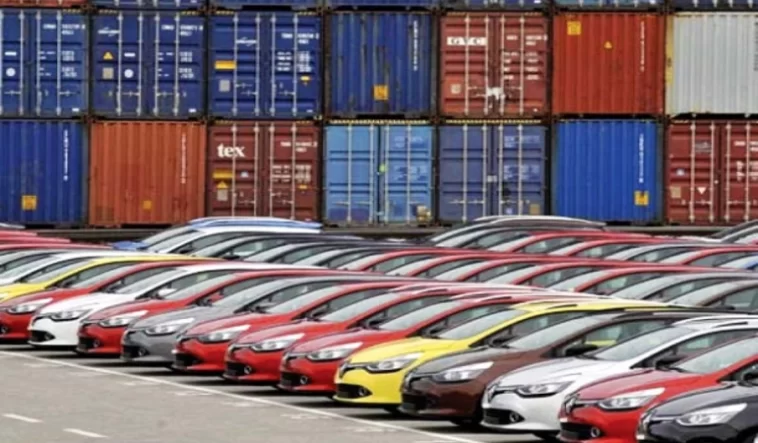Pakistan’s Federal Cabinet has extended the deadline for additional regulatory duties on consumer goods for 40 days, but it has not been as effective as the central bank’s decision to prohibit foreign currency provision for imports. The move comes amid a review of the current import regulations by the State Bank of Pakistan, which violate IMF commitments.
Investors have become discouraged due to the inconsistent policies and the extension of obligations beyond the initially approved limit of six months. An extension of the additional regulatory and customs duties on mobile phones, automobiles, home appliances, meat, fish, fruits, vegetables, footwear, furniture, and musical instruments through March 31 was approved by the cabinet. The cabinet had decided in August 2022 that the additional duty had to end on February 21.
Despite its limited effectiveness as a result of the central bank’s decision to forbid opening letters of credit for imports, the Tariff Policy Board has granted the Federal Board of Revenue (FBR) a 40-day extension. The SBP guidelines to commercial banks caused the majority of goods to be cleared, but the FBR informed the board that regulatory duty had helped contain goods imports by 50%.
The majority of the goods that were cleared over the past six months were already at ports or had established letters of credit but were stalled because of an earlier import ban. In August of last year, the government lifted the ban and replaced it with higher duties, generating about Rs 15 billion in incom
The IMF opposes all import restrictions, including the policies of the central bank. To address a sticking point in the Pakistan-IMF review discussions, the central bank will soon revoke these guidelines. The IMF believes that once the restrictions are lifted, imports will resume their upward trend, making this improvement unsustainab
The federal cabinet has increased the duties on about 790 tariff lines, focusing on 49 tariff lines for vehicles with regulatory duties ranging from 10% to 100% and additional customs duties ranging from 7% to 28% for cars. Previously exempt from regulatory duty, new and used cars up to 1,000cc are now subject to 100% duty and a total of 150% in import taxes.
Similar to this, vehicles that were previously subject to import taxes of 77% are now cleared at taxes of 169%. The government has increased regulatory taxes by 85% and customs taxes by 7%. A 49% regulatory duty is imposed on toilet fixtures and chocolates.
A mobile phone costing more than $500 is subject to a duty of Rs. 44,000 and a sales tax of up to 25%. To lower inflation and stabilize the economy while encouraging investors to advance trade and commerce, the government must revise its policies and follow IMF recommendations.


